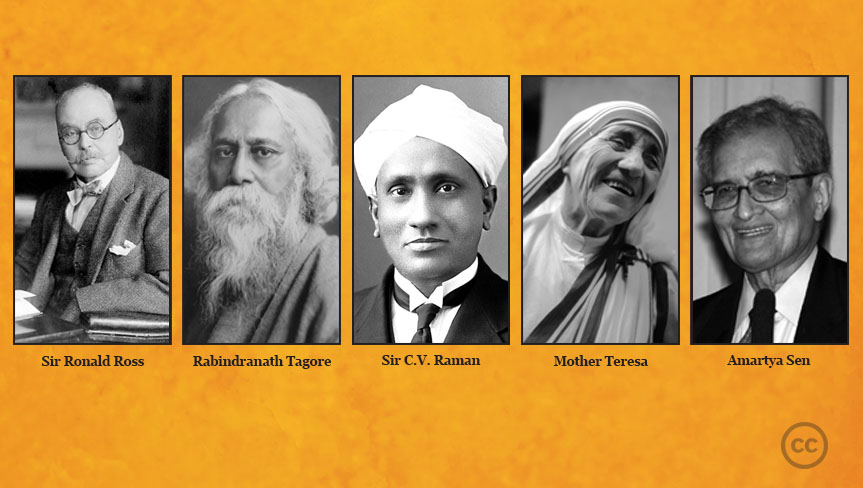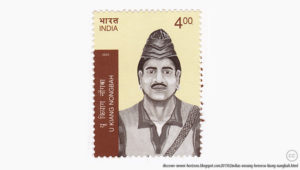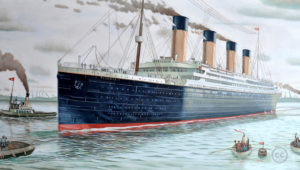Kolkata: The city that bred Nobel laureates

Nobel Laureates from Kolkata
Kolkata is often called the city of ‘bhadralok’, or ‘noble people’ – a city that has been home to educational elites for more than a century. Remarkably, it is also the city that has bred five Nobel laureates.
Sir Ronald Ross, an Indian-born British doctor, was awarded the Nobel Prize in Physiology or Medicine in 1902. While working in Presidency General Hospital, discovered that the malaria parasite is carried and spread by the female Anopheles mosquito. He conducted his research at his bungalow in Mahanad village where he used to collect mosquitoes. Dr Kishori Mohan Bandyopadhyay, a Bengali doctor, assisted him in his research.
Rabindranath Tagore, Nobel Prize awardee in Literature, was born in Jorasanko Rajbari, Calcutta (now Kolkata). Tagore began writing poems at the age of eight. He won the prestigious award – and the first Indian to win one – in 1913 for his collection of poems, Geetanjali. Tagore revolutionized Bengali literature and art with his modernistic views. He was a prolific songwriter, playwright, poet, novelist, and artist. His contribution to Indian arts and aesthetics is priceless.
Sir Chandrasekhara Venkata Raman, born in village in Madras Province, won the Nobel Prize for Physics in 1930. C.V. Raman joined the University of Calcutta in 1917 as the first Palit Professor of Physics. He carried out his groundbreaking research in the field of light at the Indian Association for Cultivation of Science (IACS), Calcutta. He regarded his stay in Calcutta as the golden phase of his life. Dr C.V. Raman discovered that light changes its wavelength when travelling through a transparent medium. This phenomenon known as Raman scattering is a result of the Raman effect.
Mother Teresa, now known as Saint Teresa of Calcutta, received the Nobel Peace Prize in 1979. Born in Skopje, Mother Teresa began her work as a missionary in India from 1929. In 1950, she established the Missionaries of Charity, a Roman Catholic religious congregation, to help the poor and destitute in the slums of Calcutta. In 1952, she opened the first Home for the Dying, called Nirmal Hriday, to provide hospice care to the poor. She received the prestigious award for dedicating her life to the service of mankind.
Dr Amartya Sen made exemplary contributions in the field of welfare economics, ethics, social choice theory, and development economics. He was awarded the Nobel Prize in Economic Sciences in 1998 for his work in welfare economics. He is currently a Thomas W. Lamont University Professor and Professor of Economics and Philosophy at Harvard University. Dr Sen’s research focuses on identifying a community’s fundamental resources and then dividing them appropriately. His studies aim to help understand the economic roots of famine and poverty.







